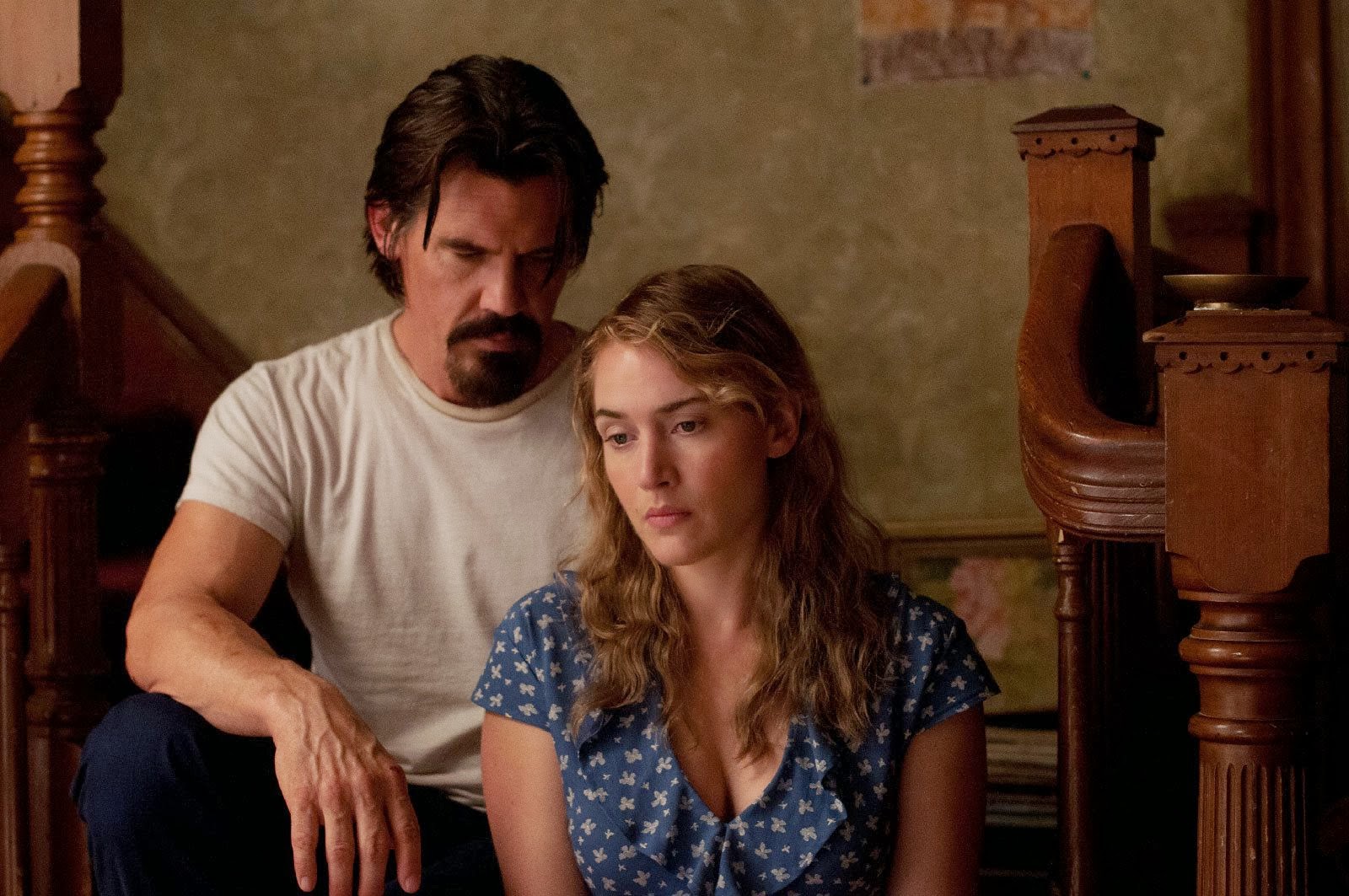“Labor Day”, Jason Reitman’s adaptation of Joyce Maynard’s novel, tells the story of an escaped convict who forces his way into the home of a young boy and his mother. Appearances are not always what they seem, and soon both mother and son find themselves drawn to the handy stranger complementing their lives as sexuality, both adolescent and middle-aged, blossoms.
Middle Western sat down with Maynard at the Graves 601 Hotel to discuss romance, the ability of writers to lie, and her very public literary reputation.
Middle Western: At the screening last night, you talked about how you cranked out this book in ten days, which is an ability I’m always jealous of.
Joyce Maynard: Well I would never use the word ‘crank’—a book that’s cranked out reads like a book that was cranked out. But yes, I wrote this very, very fast. And that doesn’t mean that every ten days I could write another novel like “Labor Day”. But sometimes you’re on a ride. I mean, I’ve done it both ways; my new novel was two years in the making. But this one, I was watching the movie in my head—that’s what it felt like—and I could barely type fast enough to get it down. That boy [the narrator], I heard his voice and it can sounds sort of California woo-woo, but I felt as though I created a character and he took on this life.
MW: Can you talk about why you chose to write from a boy’s perspective? A lot of authors have gotten flak for attempting to write main characters who are of a different sex, but I think that has more to do with falling into stereotypes than any direct backlash against it.
JM: You know, I’ve been doing this a long time. I do not stop and think what people are going to say; I just tell the story. And it never occurred to me to tell it any other way than through the boy’s eyes. I have raised sons both of whom are now possibly older than you, so my experience was definitely informed by having raised boys.
But what interested me was not the relationship between these two [men] but the experience of a kid just coming into his own sexuality, experiencing the sexuality of his mother with this man that he was both drawn to and frightened of. Also, there’s a story that I don’t think gets told very much, which is about the romantic yearnings of those of us no longer so young, I mean Kate Winslet still looks pretty young to me, but these are people who have some miles on them. It’s a mature love story and those are the ones I gravitate to, because they’re more about people I can recognize…
It’s a source of some pride that after I wrote this book, I brought it to New York—I actually didn’t have an agent or a publisher at that point; my memoir, “At Home in the World”, had had a very negative impact on my career; I’m very proud of that book, I have no regret about having written it, but it cost me in some ways—so my career was not at a good place, and I found a new agent who read the book overnight, in record time, and said “Yes, I want to represent this book. I believe in this book. But I need to submit it to editors without your name attached to it.” That’s kind of a hard thing to hear, but I agreed to that, and every single [editor] assumed it was written by a young male, a first-time novelist.
MW: And when you’re writing a fiction story you’re kind of always telling a form of a lie, I mean this stuff didn’t happen.
JM: Yes, and part of what I love about being a writer is that I get to experience the lives I haven’t lived. So I got to be a boy, something I’ve never been before. And I don’t know what you thought, but I just thought the movie had superb casting. [The boy] just shows so much on his face.
MW: The story also focuses on the mother’s depression. Was that something you researched
JM: You know I didn’t research it, and I haven’t suffered from depression. I certainly know about being a single parent, and I wanted to honor the people—men and women—who are alone in that. It’s a very lonely place to be. But I’ve known people who’ve suffered from depression and I want to acknowledge people who fall by the wayside. There are number of them in this movie, another is the disabled boy who is sort of a hero. I hope I gave an accurate and compassionate picture of someone with depression.
MW: I wondered why you chose to set the story in 1987 and how that came to life for you. It’s not a timeframe you often see in movies.
JM: Again, these are not usually conscious choices—they’re instinctive. But after the fact, I can say that first of all I wanted enough years to have passed that these people had lived through a long, hard period, that they were looking back on something. This didn’t happen yesterday. They had lived with the consequences of that weekend.
But I also really enjoy writing about pre-technology times. We live in a world so full of technology, and I certainly make use of it, but I love to provide a picture for the dwindling numbers of people who can still remember, and the many who can’t, and you know the pie is kind of symbolically that—something made with human hands. And in our fast food era, or store-bought piecrust era, that is a dying thing. I wanted to bring those things to the screen, or the page first and then to the screen, but I didn’t think of it consciously. I can just now say it accomplishes that.
MW: Do you feel like the technology of this current time makes it harder to write stories? It kind of limits the amount of mistakes you can have, because, say, when [the narrator] goes off on his bike and his mom doesn’t know where he is, you know, mom can just text him and say, “Where are you?”
JM: Definitely. My last few novels have all been set pre-technology times, or big technology. I mean I might actually go completely the opposite direction and really write about technology, because that’s kind of horrifyingly fascinating, too, I just started riding the trains—I live in the bay area—and everybody is looking at their little screen and they’re addicts. If you want a full-blooded, passionate love affair, the first thing you’d better do is get rid of the cell phone.

